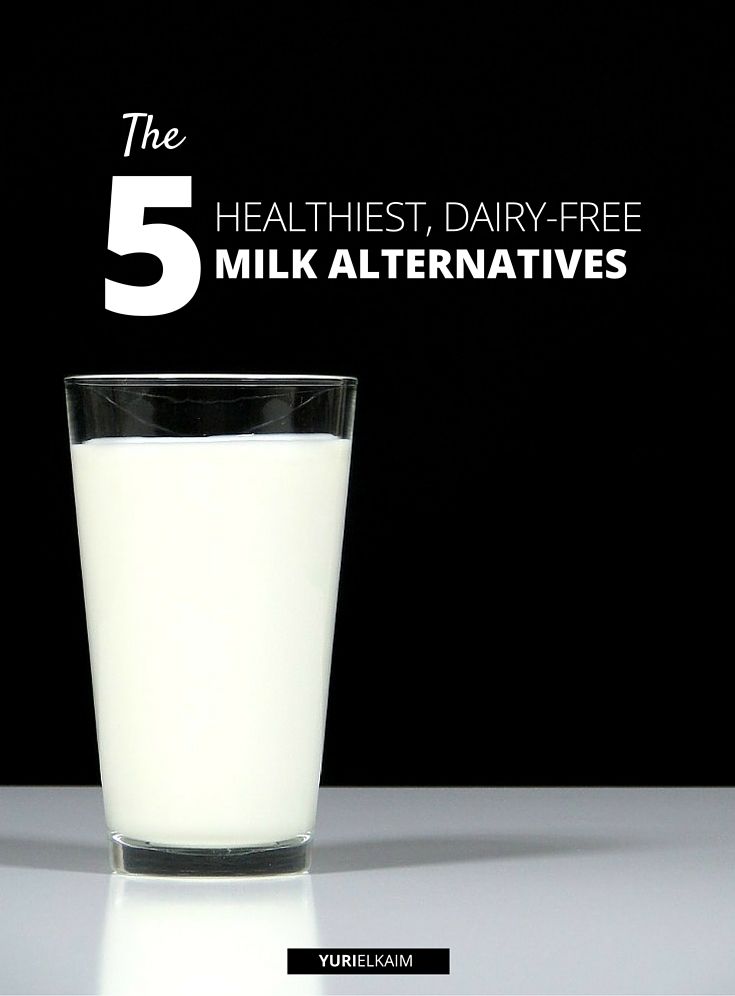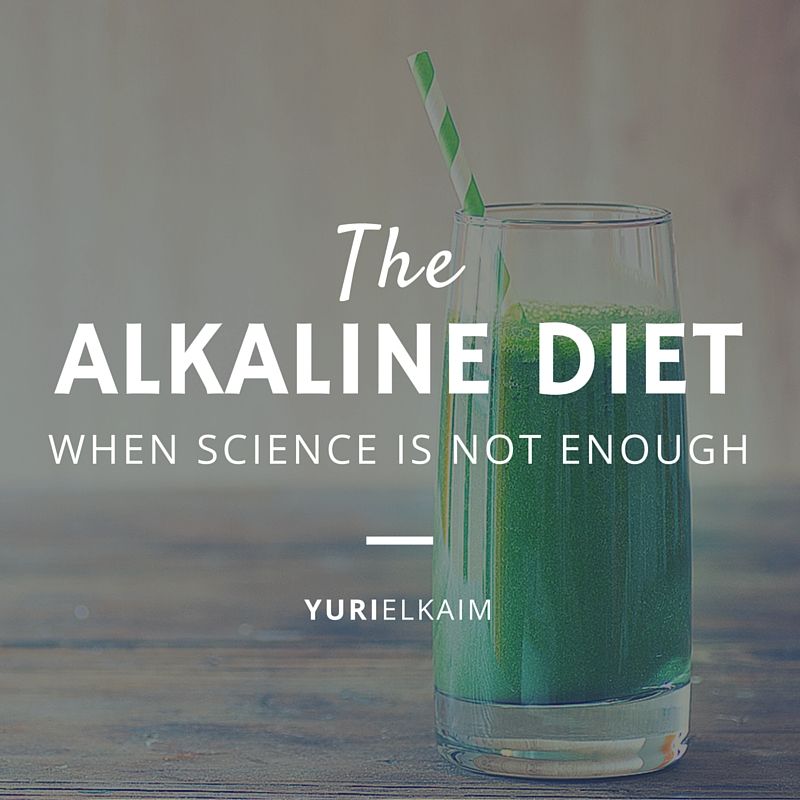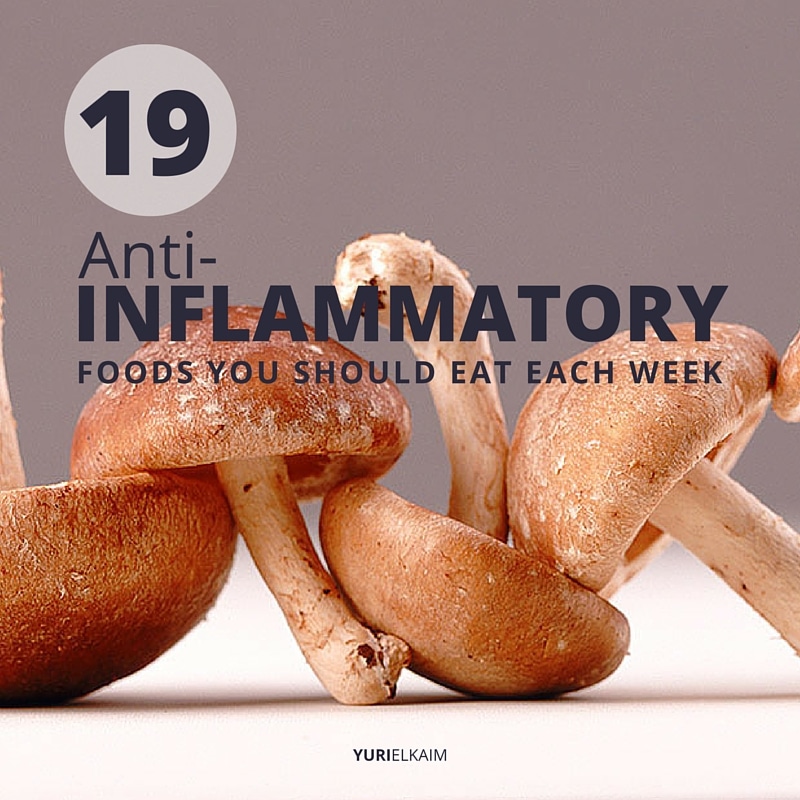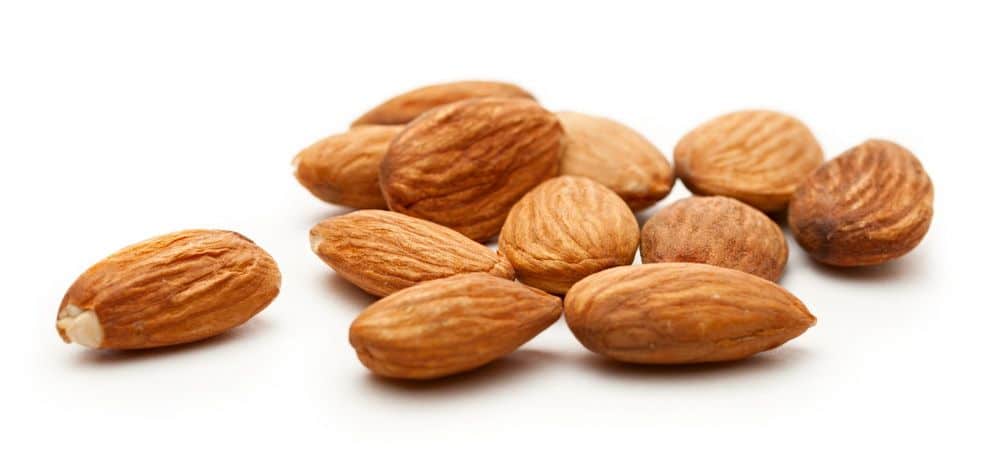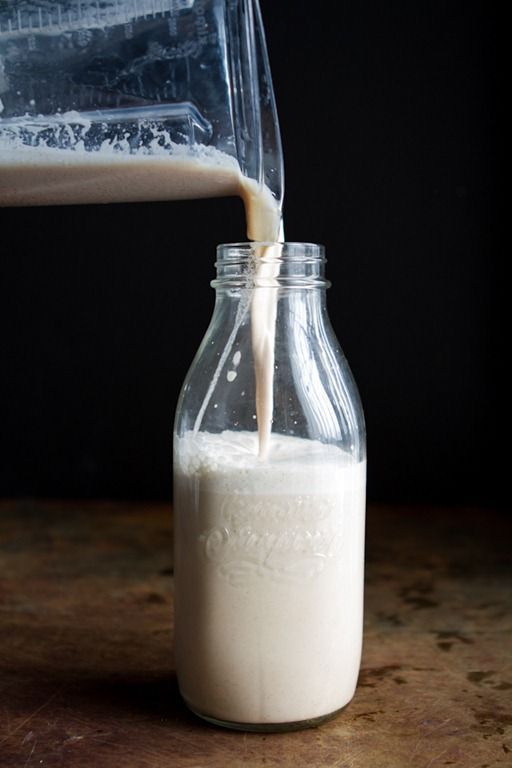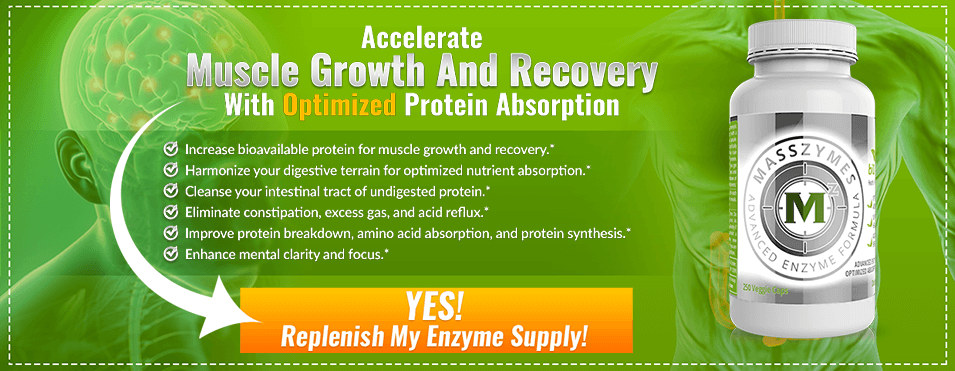In this article
Does cow’s milk really do your body good?
It sure can seem confusing with all the conflicting information bombarding us.
Many holistic healthcare practitioners advise against including dairy in your diet (myself included), and suggest using alternatives to milk instead.
But on the flip side, we’re constantly told that dairy is the best source of calcium on the planet.
As a result, it’s become one of the most frequently debated health and nutrition tips: Should you really be avoiding cow’s milk?
Calcium is a mineral we need for healthy bones and teeth, not to mention a healthy cardiovascular system. But is cow’s milk really the best way for humans to obtain this nutrient?
Let’s find out by taking a closer look at how cow’s milk works in the body.
From there, I’ll explain why one of my top nutrition tips is to use substitutes for dairy milk, and I’ll make some recommendations for the healthiest milk alternatives.
The Problem with Cow’s Milk
It’s true that for years, cow’s milk has been marketed as a health food. But milk alternatives are growing more popular because once it’s digested, dairy is proving to have more negative effects than health benefits.
When it comes to consuming cow’s milk, holistic nutritionists will argue that it’s unnatural to “breastfeed” from a cow, which is essentially what we’re doing when we add milk to our diets.
And medical doctors are also starting to agree. A pediatrics paper published by a medical doctor in the Journal of American Medicine Association also provided in-depth research that suggests humans have no nutritional requirement for milk past the stages of infancy (1).
So why is cow’s milk getting a bad reputation now, after so many years of being presented as a natural health food? Is it really just effective marketing?
Here are the top reasons why milk alternatives are an ideal dietary option over cow’s milk.
Cow’s Milk Is Hard to Digest
Dairy is hard for humans to digest because many people stop producing the dairy-digesting enzyme, lactase, once they get past the breast-feeding stage (2).
Without the proper enzyme to digest a food, your body has a hard time processing it, which can weaken your digestive system over time. You may also experience painful digestive symptoms such as bloating, cramping, diarrhea, and persistent stomachaches.
Also, cow’s milk is pasteurized to remove potentially harmful bacteria so it is safe for human consumption. But along the way, pasteurization also destroys important digestive enzymes that help you digest dairy.
This is why dairy has become such a prevalent food sensitivity, even if it does not elicit a true allergic response.
Hormones and Antibiotics
Another downside of consuming cow’s milk is the risk of ingesting growth hormones and antibiotics that are injected into cows on dairy farms.
Growth hormones such as rBGH (the bovine growth hormone) are injected into cows to help them produce large quantities of milk rapidly, while antibiotics are used to help treat various infections cows encounter on farms.
Aside from this process being unnatural (and harmful to the well-being of the cow, but that’s another topic altogether), the hormones and antibiotics that are injected into the cow end up in the milk they produce.
When we drink cow’s milk, we also ingest these growth hormones and antibiotics. The hormones and antibiotics then create toxicity in the body and increase the risk of endocrine disorders in humans (3).
In Canada, growth hormones aren’t allowed to be used in the production of cow’s milk.
But at the time of writing this, the use of the bovine growth hormone (rBGH) is approved for use in milk production in the United States.
Milk is an Acidifying Food
Cow’s milk falls under the umbrella of acidifying food – it has an acidic effect on the body because it leaches alkalizing minerals from your bones to be metabolized.
Our body strives to keep our blood at a pH balance of approximately 7.4 for optimal health. We don’t want our blood to become too acidic, otherwise we’re creating the perfect environment for illness and disease to flourish.
[Related: The Alkaline Diet: 5 Controversial Truths You Need to Know About]
So when we consume acidic foods, our body naturally buffers their acidifying effects with alkaline minerals that are stored in our body, such as our bones. This way, the food has less of a negative impact on our blood pH.
One of the alkalizing minerals our body uses to buffer acidic foods is calcium.
Yes, that’s right: Cow’s milk, once thought to be the “holy grail” of dietary calcium, actually requires calcium to be leached from your bones to be metabolized. (We’ll go into more detail with cow’s milk and calcium in just a moment.)
Milk is Calorie Dense
Another downside to cow’s milk is that it’s high in calories.
Now, a food isn’t necessarily bad if it contains a high number of calories. It’s the quality of the calories that counts.
In the case of cow’s milk, the quality of nutrition isn’t quite up to par when it comes to caloric value, based on how it’s digested and absorbed in the body.
Cow’s milk contains approximately four times the amount of protein than human breast milk. Why? Because that’s how much protein calves require to grow into cows.
Since calves grow into cows much quicker than infants grow into adults, their protein demand to build muscle and overall caloric requirements are much higher than that of humans.
Milk is Pro-Inflammatory
All animal fats, including the fats found in milk, contain a fatty acid called arachidonic acid.
Arachidonic acid is a pro-inflammatory food, which means it promotes inflammation in the body by eliciting an immune response when ingested (4).
For optimal health, it’s best to avoid eating foods that cause inflammation.
[Related: 19 Anti-Inflammatory Foods You Should Eat Each Week]
Why? Because inflammation is only intended to serve as a temporary defense mechanism towards healing an acute illness or infection by releasing immune cells.
But since certain foods can create inflammation, they can also cause the immune system to be in a constant state of defense, which can lead to permanent organ damage.
This is yet another explanation why dairy does a body bad, and is best replaced with anti-inflammatory milk alternatives.
What About Calcium?
Now, for the million dollar dairy question: If I don’t drink cow’s milk, won’t I become deficient in calcium?
My answer is no. Absolutely not.
We’ve briefly mentioned that cow’s milk isn’t a good source of calcium because it actually leaches minerals from the body’s calcium reserves when metabolized, to neutralize its acidifying effect on the body.
Like protein, cow’s milk also contains three times the amount of calcium than human breast milk. From this fact alone, you’d still assume that cow’s milk is a great source of calcium.
Surely with so much calcium, it would replenish the nutrient stores it depletes. But unfortunately, this isn’t the case.
In the body, mineral relationships are extremely important.
Minerals work in ideal ratios together to efficiently perform their various functions. That means we don’t always necessarily need to eat more of just one mineral, but we need to eat more minerals in general to help them work together.
What does this have to do with cow’s milk?
Well, cow’s milk contains two essential minerals: calcium and phosphorus. Calcium and phosphorus are needed in the ratio of 2.5 to 1 for optimal health.
In cow’s milk, the ratio of calcium to phosphorus is 1.27 to 1. This means that we’re receiving far too much phosphorus from cow’s milk. When consumed in large and unfavorable quantities, phosphorus actually inhibits the absorption of calcium in the small intestine.
The imbalanced calcium-to-phosphorus ratio in cow’s milk is why dairy is not an ideal source of calcium. When calcium is unable to be properly absorbed in the body due to high amounts of phosphorus, you’re at a greater risk for bone loss and osteoporosis.
The Best Sources of Dietary Calcium
Now that cow’s milk is out of the picture for being a good source of calcium, where on earth are you supposed to get it?
Believe it or not, plant foods such as sesame seeds, almonds and dark leafy greens are some of the best sources of dietary calcium.
Sure, they may not be as concentrated in calcium as cow’s milk, but the mineral relationship between calcium and phosphorus in these plant foods is much more balanced and allows for calcium to be better absorbed in the body.
Another benefit to getting calcium from plant foods rather than dairy is that most plant foods don’t have as much of an acidifying effect on the body (if any), so they won’t leach calcium from your bones to use as a buffer to neutralize acidity.
Calcium and Vitamin D
Vitamin D is another nutrient discussed when it comes to the question of cow’s milk. Vitamin D is an important nutrient to include in your diet because it’s needed to help your body absorb and utilize calcium. This is why Vitamin D is often mentioned when it comes to bone and dental health.
While cow’s milk does contain vitamin D, the undesirable qualities of dairy aren’t worth consuming to try to obtain this nutrient.
The best way to get vitamin D is from the sun directly, and from fatty fish, vitamin D3 supplements or a high-quality fish oil.
Now that you have a better understanding of why one of my top nutrition tips is to avoid consuming dairy, there are healthy milk alternatives you can use to replace cow’s milk.
If you aren’t ready to replace dairy completely, I recommend drinking small amounts of raw milk instead. Of course, the quality and the source of the raw milk is of extreme importance to ensure that you don’t come in contact with problematic bacteria, since it hasn’t been pasteurized.
As an alternative to conventional milk, raw organic milk will provide you with the enzymes you need to help digest the dairy and will have a higher concentration of nutrients overall.
Top 5 Healthiest Milk Alternatives
1. Almond Milk
Since almonds are a great plant-based dietary source of calcium, they make an ideal healthy milk alternative.
Almonds are also high in other essential minerals such as iron and magnesium, which as you now know, work with other minerals in the body to help them function optimally.
Try this almond milk recipe from Oh She Glows
2. Coconut Milk
Coconut is what I refer to as a “clean and lean” fat because it’s from a plant-based source, and is rich in essential fatty acids.
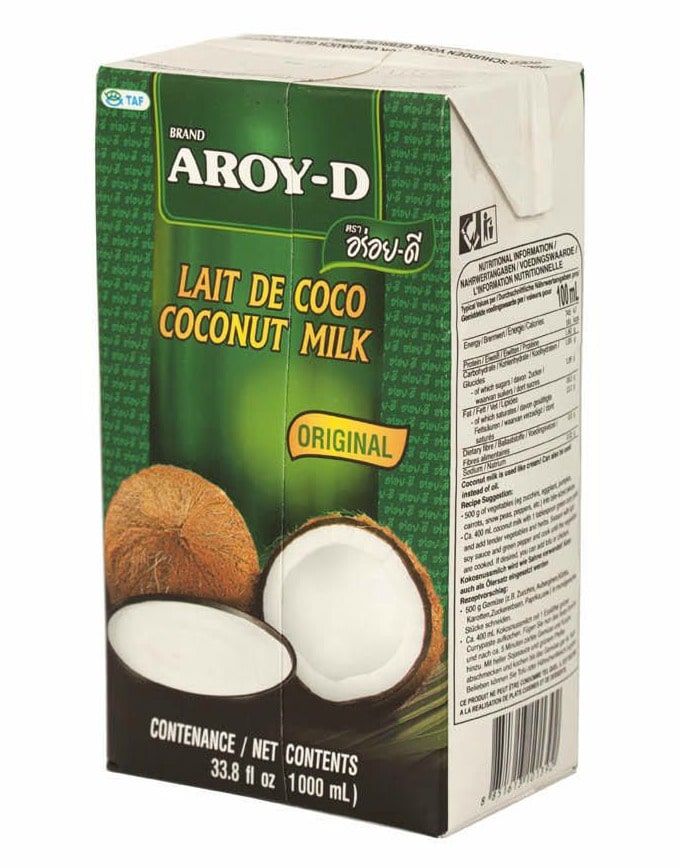
Coconut milk contains a high amount of saturated fat, but the fatty acids in coconut milk are not a cause for concern. This is because the fats in coconut are medium chain fatty acids, which take a unique pathway in the body to be used as energy right away, rather than stored as fat.
Dairy products contain long chain fatty acids, which take a different pathway and longer time to digest. These are the saturated fatty acids that are most likely to be stored as fat and are best avoided.
My preference is for cartons, but if you’re using canned coconut milk, be sure to look for BPA-free cans.
3. Hemp Milk
Hemp makes another great milk alternative to dairy, and is extremely rich in plant-based protein, and omega 3 essential fatty acids. Omega 3’s aid in digestive health, and aren’t found in cow’s milk, unless the cow has been grass-fed. (And even still, the amount of omega 3 fats found in hemp hearts are superior to dairy products.)
You can easily make your own hemp milk at home by blending 1 cup of hemp hearts with 4 cups of filtered water and adding a touch of pure vanilla extract.
4. Rice Milk
Rice milk is an ideal milk alternative for those who are sensitive to cow’s milk and nuts. While it’s lower in protein than nut milk, it still offers plenty of B vitamins and minerals such as selenium and manganese.
5. Cashew Milk
Cashew milk has become another popular alternative to cow’s milk because of it’s versatile, creamy texture. Cashews are also a popular plant alternative to use in recipes for vegan cheeses and other mock-dairy recipes.
Cashews are a good source of healthy fats and plant based protein, and are high in the minerals magnesium and potassium which are needed for good cardiovascular health.
Try this cashew milk recipe from COOKIE + kate
What to Avoid in Dairy Alternatives
I personally recommend making your own nut milk at home whenever possible to avoid the added sugar and preservatives that find their way into store bought milk alternatives. (It’s often much cheaper to make your own nut milk at home, too!)
But, if you do decide to purchase nut milk from the store, ideally avoid labels that contain:
- Artificial flavors
- Artificial sweeteners
- Carrageenan (a polysaccharide that can cause inflammation in the digestive tract)
- Added sugar (such as cane sugar)
Now that you understand why one of my top nutrition tips is to replace cow’s milk with milk alternatives, you may want to try give plant-based milk alternatives a try in a vegan dish, such as my Chipotle Chopped Salad with Vegan Cilantro Buttermilk Dressing.
I’m willing to bet that you won’t believe it’s 100 percent plant based.

